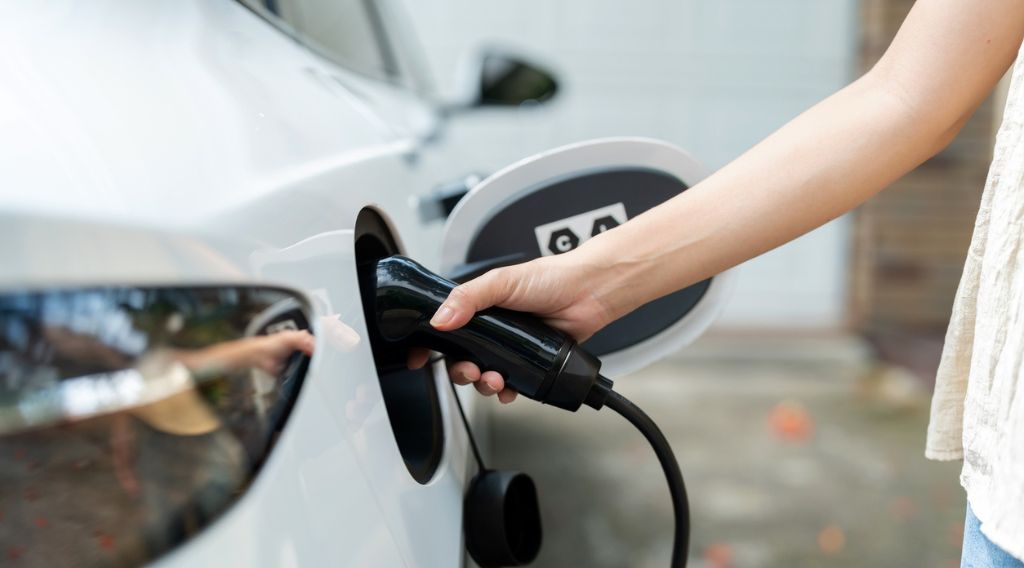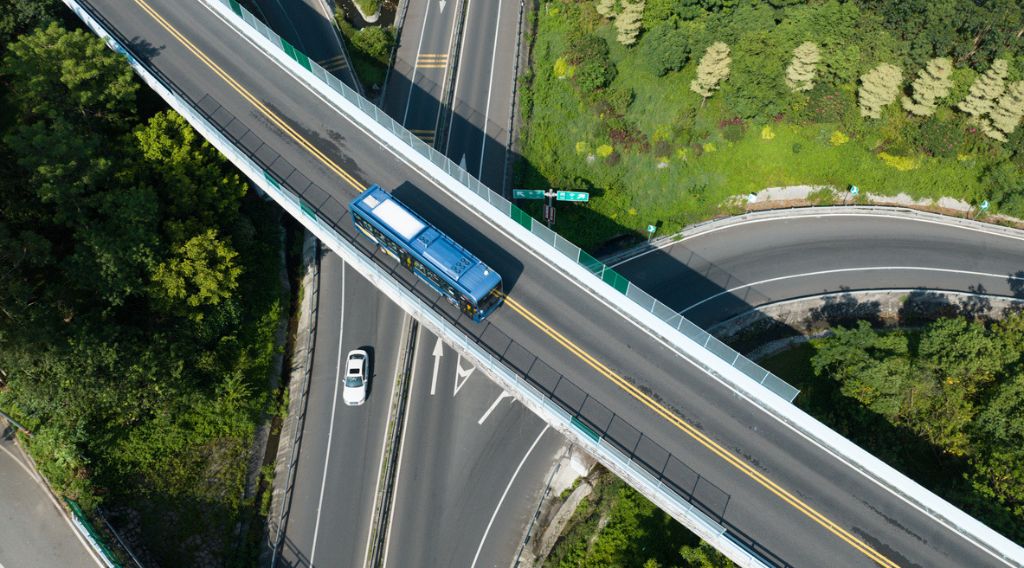
On April 19, Michigan Senate Majority Floor Leader Sam Singh (D-East Lansing) introduced Senate Bill 275, which seeks to establish a clean fuel standard in Michigan. The clean fuel standard bill is part of a package, the Clean Energy Future Plan, which a group of Senate Democrats introduced in an effort to make Michigan “a more environmentally sustainable state as climate patterns continue to change.”
Here is what you need to know about the bill:
- The clean fuel standard seeks to reduce the carbon intensity of transportation fuels by 25 percent by the end of 2035.
- Michigan is the third Midwestern state after Illinois and Minnesota to introduce a clean fuel standard bill in 2023.
- The bill is supported by a broad coalition of stakeholders, including environmental nonprofits, airlines, renewable fuel producers, electric vehicle charging companies, automakers, and others.
The Clean Energy Future Plan builds on Governor Whitmer’s Michigan Healthy Climate Plan, which engaged hundreds of stakeholders and laid out recommendations for Michigan to reach carbon neutrality. According to proponents of the legislative package, this collection of bills provides a pathway to achieve Michigan’s climate goals and maintain its position as a leader in environmental sustainability countrywide.
A broad coalition of stakeholders, the Michigan Clean Fuel Standard Coalition, backs the bill. The coalition is composed of 41 partner organizations, including the Alliance for Automotive Innovation, Coalition for Renewable Natural Gas, Delta Air Lines, Ecology Center, MI Air MI Health, and others.
Jane McCurry, executive director of Clean Fuels Michigan and a facilitator of the coalition, said in a recent press release:
“The state of Michigan has the opportunity to lead the Midwest and achieve goals set forth in the MI Healthy Climate Plan and the MI Future Mobility Plan by implementing a Clean Fuel Standard. The future is coming, and Michigan must pursue policy solutions that support growth in the clean fuel industries.”
The coalition is offering to work with the legislature to design the clean fuel standard based on a set of principles, including promoting Michigan’s advanced mobility leadership, maintaining technology neutrality, spurring innovation in low-carbon fuels, centering Michiganders, including environmental safeguards, and compensating farmers for climate-smart agricultural practices.
Michigan is the third Midwestern state to introduce clean fuel standard legislation in 2023, following Illinois and Minnesota, but the race is still on to see which Midwestern state will pass legislation first. Outside of the Midwest, several other states are considering similar legislation, including New Mexico, Vermont, and New York.
Learn more by reading our clean fuels policy 101, and take a deeper dive into these policies and considerations for the Midwest by reading a white paper developed by a broad group of stakeholders convened by the Great Plains Institute. Subscribe to the Great Plains Institute’s monthly newsletter to stay up-to-date on Midwestern clean transportation policy efforts.


